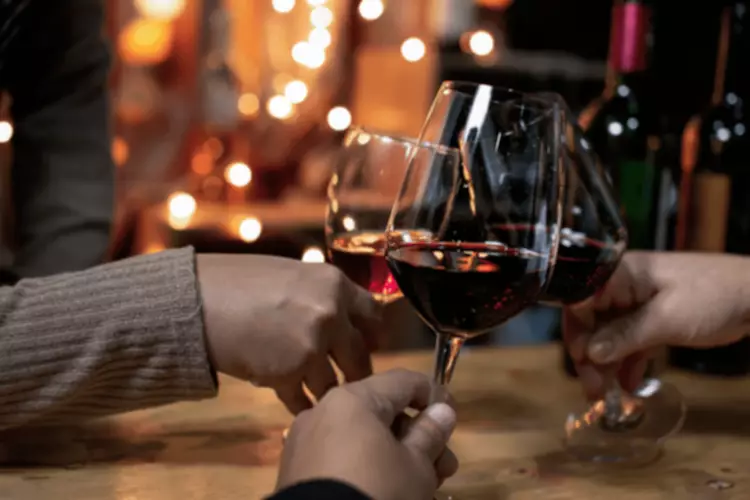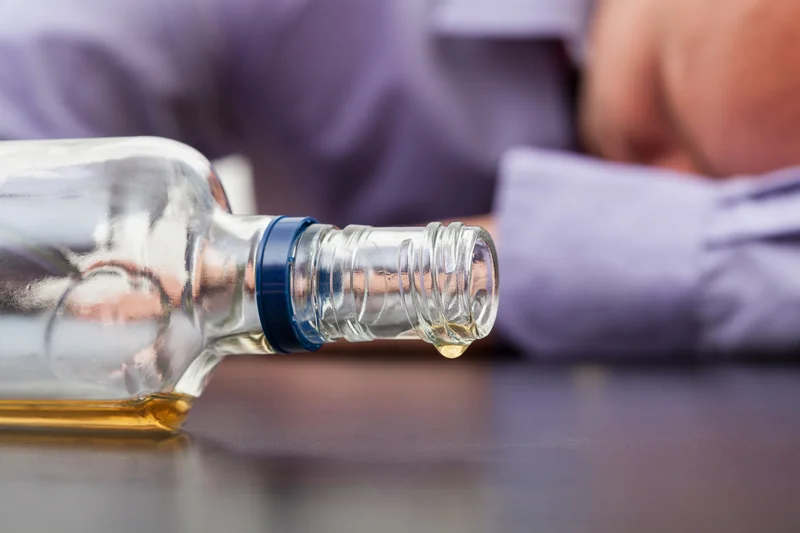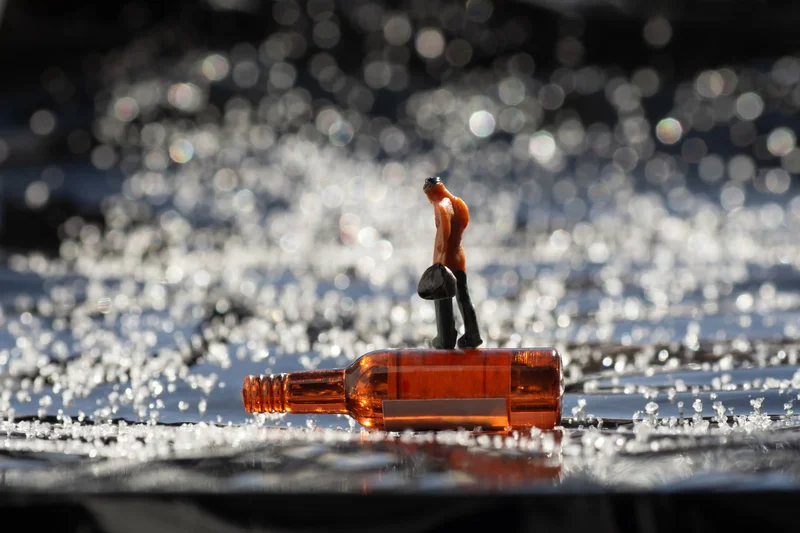
Repeated and intense bruises, combined with other symptoms, might be indicative of a problem that needs some medical attention. So through responsible drinking, keeping the body hydrated, and with the most importance on health, bruising can be reduced as well, and healthier lifestyles can be enjoyed. Bruising comes into play when you bump a part of your body on a hard surface, causing blood vessels to rupture. While you’re drinking, the blood flow around the surface of your skin will increase; even minor bumps can cause blood vessels to burst, forming a bruise.
Are There Natural Methods to Reduce Inflammation from Drinking Alcohol?
When the liver is damaged, it can no longer filter alcohol correctly, and it may Alcohol Use Disorder not be able to keep the bloodstream healthy. If you’re experiencing alcohol symptoms like easy bruising, or you simply want to break free from alcohol misuse, Confidant is here to help. We provide online medication assisted treatment for alcohol use, so you can begin your recovery from home. What all of this means is that people who live with an alcohol use disorder are likely to consume large quantities of alcohol. While some people may have just a drink or two on special occasions, people with an alcohol use disorder may lose control of their drinking, and consume ten or more drinks, for example. They may have such a high tolerance that they do not show any overt signs of intoxication, despite drinking large amounts.
Are some individuals more susceptible to alcohol-related bruising?

The best way to prevent your body from developing these health issues is to avoid drinking alcohol altogether. Blood vessels are tubular structures that transport blood throughout your body. Due to the lack of an opening (injury) for your blood to exit your body, this results in blood oozing from your blood vessel and accumulating beneath your skin. Blood pooling results in a visible indication of a alcohol and bruising bruise on your skin (skin discoloration).

How does alcohol affect blood vessels?

Alcohol affects your brain in multiple ways that make you more accident-prone. Here are three aspects of your brain that are affected by alcohol and why that can contribute to morning-after bruises. They have experienced no trauma, and the bruises they have are large and appear frequently. According to BMJ Best Practice, surveys suggest that somewhere between 12 percent and 55 percent of people have some form of easy bruising. While bumping into something while drinking may seem relatively harmless, the truth is that excessive drinking can set you up for serious injuries from falling or other accidents. Furthermore, in extreme cases, bruises from drinking can be a sign of liver damage, which can be dangerous.
- This impairment can result in a higher tendency to bruise easily since the body cannot effectively stop bleeding from minor injuries.
- Similarly, women may experience different responses compared to men due to hormonal differences affecting vascular health.
- Another aspect to consider when discussing bruising and alcohol consumption is vitamin deficiency.
- Most people who drink heavily will progress through the stages of liver damage described above alcohol and bruising over time.
- Symptoms of alcoholism vary, but in this piece we’ll focus on some of the physical signs of alcohol dependence.
How does alcohol affect blood clotting?

In conclusion, alcohol consumption can indeed contribute to bruising by thinning the blood and making blood vessels more susceptible to rupture. Individuals who consume alcohol should be aware of this risk and take steps to reduce it, such as limiting alcohol intake, staying hydrated, and maintaining a balanced diet. If you experience excessive or unexplained bruising, it’s essential to consult a healthcare professional to rule out any underlying health issues and address any concerns promptly. If you’re concerned about alcohol-induced bruising, there are steps you can take to reduce your risk. Limiting alcohol consumption, staying hydrated, and maintaining a balanced diet rich in vitamin K can help support your body’s ability to clot blood effectively.
It increases the risk of many types of cancer, high blood pressure, heart disease, and stroke. Chronic alcohol misuse can also lead to liver disease, which often causes bruising. Alcoholics tend to bruise easily because of the blood vessels in their body breaking down. Alcoholics may also have darker bruises due to the increased amount of blood in their body.
- Understanding the relationship between alcohol consumption and bruising requires a closer look at how alcohol affects the body.
- This dilation can make blood vessels more susceptible to rupture, resulting in bruising.
- Specific factor assays showed depletion of all factors except for factor VIII, which further confirmed the suspicion that the factor depletion was secondary to liver cirrhosis.
Nutritional Deficiencies Common in Alcoholics
Ensuring that you do not drink at this level could be a wise way to limit your risk of unusual bruising. If you already have unusual bruising, your liver could already be damaged, and that could mean that drinking at any level is not wise for you. According to the National Kidney Foundation, heavy drinking for women involves having more than three drinks in one day or more than seven drinks per week. Heavy drinking for men involves more than four drinks in one day or more than 14 drinks per week.
Watermelon, apples, bananas, pears and peaches are also safe fruit choices. “If you’re on some blood thinners, studies show you should also stay clear of cranberry, grapefruit and pomegranate fruits and juices,” advises Dr. Bishop. Green tea also contains some vitamin K, so it’s best to choose another option, like black tea, which doesn’t interact with a blood thinner. If you’re taking warfarin, you don’t have to give up foods higher in vitamin K completely. But limiting them in your diet and being consistent in the portions you do eat is important.
Q6: Are there any supplements that can help prevent bruising?

This impairment increases the risk of bruising from even slight trauma. Vitamin K is crucial for synthesizing several clotting factors, including prothrombin and factors VII, IX, and X. Chronic alcohol consumption can disrupt the absorption of Vitamin K in the intestines due to liver dysfunction and poor dietary habits. A deficiency in this vitamin means that even minor injuries may lead to significant bruising.
Recent Comments